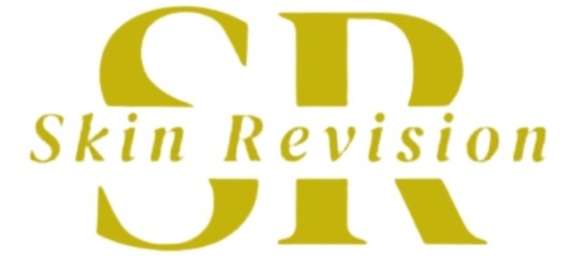Psoriasis – Beaconsfield, Bucks
Everyone suffers through periods of dry skin. Temperature extremes, bathing habits, and even certain medications can cause temporary bouts of dryness. But for those with Psoriasis, the discomfort involves flaking, itching and bleeding, making it hard to enjoy or maximise our daily lives.
At Skin Revision we are looking to successfully treat Psoriasis through educated and successfully proven treatments incorporating medically certified Tri-Wave LED Phototherapy.
Light therapy, such as the Tri-Wave can either involve treat solely the face, or whole-body exposure to artificial sources of ultraviolet (UV) radiation. Worldwide, the Dermalux Tri-Wave is regarded as the most non-invasive and effective in the significant reduction and long-term management of Psoriasis.
With our qualified prescribed skin treatments, you can take back your skin, and your life, by sleeping better, concentrating more fully and losing the inhibitions that Psoriasis gives you.





